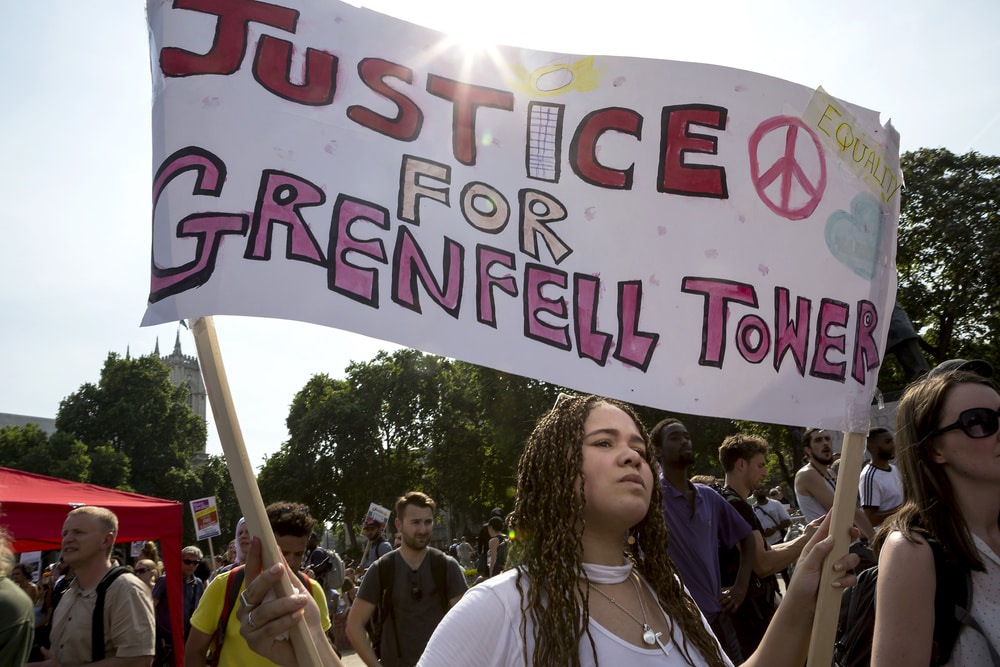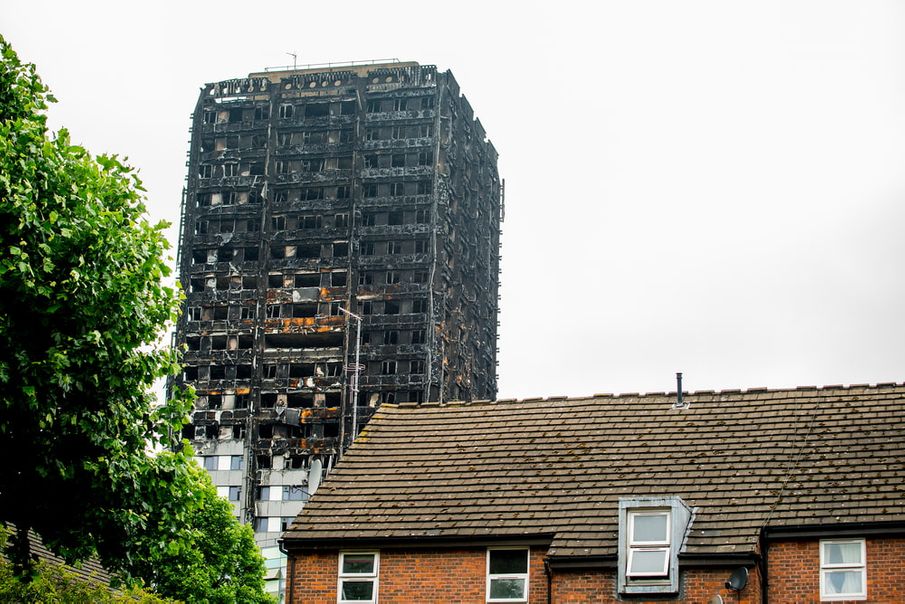As we approach the tenth week since the Grenfell fire, the emotional trauma of the tragedy remains just as strong as in the first moments.

In the initial aftermath of the Grenfell fire, that took place on the 14 June, both the bravery and dedication of the emergency workers, and an influx of donations from people around the country, demonstrated the support and strength of the community and wider public. But as we move into the third month since the fire, the focus has shifted from the physical and practical consequences, to the emotional wellbeing of witnesses and survivors in the biggest mental health operation the UK has experienced.
Out in the community, NHS mental health workers have knocked on over 2,200 doors, checking in on the residents and making referrals to counsellors and mental health professionals where needed. This has resulted in over 600 people, 100 of whom are children, currently receiving additional mental health support.
But the emotional repercussions of this trauma have stretched further than some of the other tragedies that we have experienced this year. “This is a situation where people are in one place so there’s a big concentration of problems.” Says Dr John Green, the Clinical Director of the NHS Grenfell Tower Mental Health Response, during an interview with BBC's Newsnight. “People are networked together so you can both be traumatised yourself and also bereaved, so that makes for a very complicated situation that ripples out.”
For many of those living in the area surrounding Grenfell, who witness the fire, the tragedy has taken its toll on their mental health. Also speaking to BBC’s Newsnight, Theresa Griffin, a neighbour who had a “bird’s-eye-view” of the fire, said “I see it every day, I still see people there.” Each day she visits the tributes for the victims of Grenfell, lighting candles and putting fresh water in the flowers. When asked why she performs this ritual every day, Theresa replied: “To do my penance. I’ve got my child haven’t I, they haven’t got their kids any more.”
How do people who witnessed or survived the Grenfell Tower fire cope? pic.twitter.com/N8rNUqJhF3
— BBC Newsnight (@BBCNewsnight) August 25, 2017
Following traumatic events and tragedies, it is not uncommon for people to experience “survivor’s guilt”, an underlying sense of guilt experienced following the survival of a traumatic event. “Survivor’s guilt” comes in many forms and levels of intensity, sometimes becoming a symptom of PTSD, and effects people in different ways. Speaking of her daughter, Theresa said “I have to take my daughter to bed at night, she’s 14. She wasn’t in the fire so she feels this terrible weight on her.”
But amongst the survivors of the fire, some 155 families are still living in emergency housing including hotels and hostels. Many, including Dr John Green, are calling for permanent housing for those affected to be found sooner. Speaking of the emergency housing situation, Dr Green said, “If you’ve been traumatised you don’t feel safe, and trying to get that safety feeling back is very important”.
You can visit the Grenfell Fire Response team at: Westway Sports Centre, Crowthorne Road, W10 6RP.
If you have been affected call NHS: Single Point of Access (SPA) where you can access mental health support services as well as information and advice 24 hours a day on: 0800 0234 650.


Comments